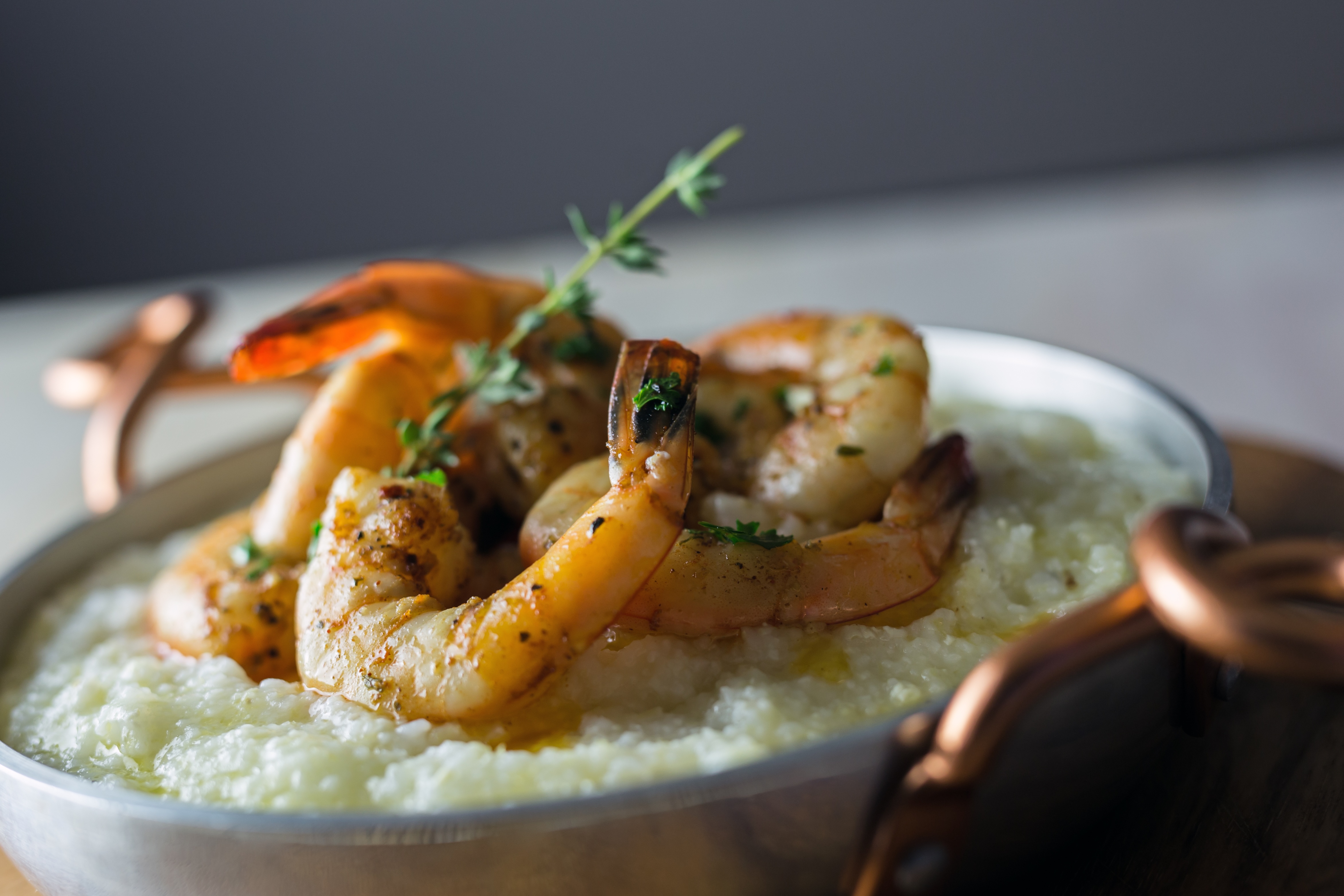Herbs that heal: Start using these healing herbs now
Herbs have been used for healing purposes for centuries. In fact, the history of herbs and their medicinal use dates back to ancient times. Early human societies were largely reliant on plants for food and shelter, and it is likely that they also discovered the healing properties of certain plants. Over time, these early herbalists passed down their knowledge through oral tradition, and herbs became an important part of many cultures' healing rituals and practices. Today, modern science is beginning to catch up with what early humans already knew - that herbs can be effective in treating a variety of ailments. From common colds to chronic pain, more and more people are turning to herbs for natural relief. With a long history of safe and effective use, it is no surprise that herbs are once again gaining popularity as a reliable form of medicine. If you're looking for natural ways to heal, look no further than these top 10 healing herbs. From aloe vera to witch hazel, these herbs can help with a variety of health concerns. Learn about the benefits and uses of each herb, as well as any precautions that should be taken. This list was compiled based on various factors, including traditional use, scientific evidence, and safety. Herbs are a natural way to treat many common ailments. However, it is important to speak with a healthcare professional before taking any herb, especially if you are pregnant or breastfeeding, have a medical condition, or are taking medication.
Aloe vera
Aloe vera is a succulent plant that has been used for centuries to treat a variety of skin conditions. The aloe leaves provide a gel-like substance that is packed with nutrients, including vitamins A, C and antioxidants. The gel is applied topically to soothe burns, cuts, inflammation, speed up healing, and promote healthy cell growth. Aloe vera is also most commonly used to treat sunburns, but it can also be effective in treating acne, eczema, and psoriasis. For these reasons, aloe vera is often referred to as the "miracle plant." While aloe vera gel is available for purchase at most drugstores, it is also easy to grow your own aloe vera plant at home. With a little care and attention, your aloe vera plant will provide you with an endless supply of healing gel.
Chamomile
Chamomile has been used for centuries as a healing remedy, and recent studies have shown that there may be some truth to its reputation. It is a daisy-like herb that is most commonly brewed as a tea. The flower heads are rich in compounds like chamazulene and bisabolol, which have anti-inflammatory, antispasmodic, and antioxidant properties. Chamomile tea is said to be calming and can be helpful in treating anxiety, insomnia, and upset stomach. In fact, chamomile tea is so effective at promoting sleep that it is sometimes referred to as "nature's ambien." Chamomile can also be applied topically to the skin in the form of an ointment or cream to treat skin conditions like eczema, psoriasis and sunburn. Just a precaution, avoid this herb if you are allergic to ragweed or daisies.
Ginger
Ginger is a popular spice that has many health benefits. It can be taken fresh, dried, or in the form of a supplement. Ginger is said to be effective in treating nausea, arthritis, and migraines. It is also thought to have anti-inflammatory properties.
Ginseng
Ginseng is an herb that has been used in traditional Chinese medicine for centuries. It is thought to boost energy, lower blood sugar, and reduce stress. Ginseng can be taken as a tea, capsule, or extract.
Lavender
Lavender is a fragrant herb that is often used in aromatherapy. The scent of lavender is said to be calming and can be used to treat anxiety, insomnia, and headaches. Lavender can also be applied topically in the form of an oil or lotion.
Lemon balm
Lemon balm is a plant in the mint family that has a lemon-like scent. It is often used in teas and as a dietary supplement. Lemon balm is said to be effective in treating anxiety, insomnia, and indigestion.
Peppermint
Peppermint is a popular herb that has a minty scent and flavor. It can be used fresh, dried, or in the form of an oil or extract. Peppermint is said to be effective in treating nausea, headaches, and indigestion.
St. John’s wort
St. John’s wort is a plant that has been used for centuries to treat a variety of mental health conditions. It is most commonly taken as a supplement. St. John’s wort is said to be effective in treating depression, anxiety, and insomnia.
Turmeric
Turmeric is a spice that is derived from the root of the Curcuma longa plant. It has been used for centuries in traditional medicine. Turmeric is said to be effective in treating arthritis, inflammation, and digestive issues. It is also thought to have anti-cancer properties.
Witch hazel
Witch hazel is a plant that has been used for centuries to treat a variety of skin conditions. The bark and leaves can be made into an astringent that is applied topically to the skin. Witch hazel is said to be effective in treating acne, eczema, and psoriasis.
Note of Precaution:
While using herbs is a natural way to heal, it's important to remember that they are not regulated by the FDA. Be sure to do your research and consult with a qualified health care professional before taking any herbal remedies. Herbs are generally considered safe when used in small quantities. However, they can interact with certain medications and have side effects. Pregnant and breastfeeding women should avoid using certain herbs and should also consult with a healthcare professional before using any of these herbs.







